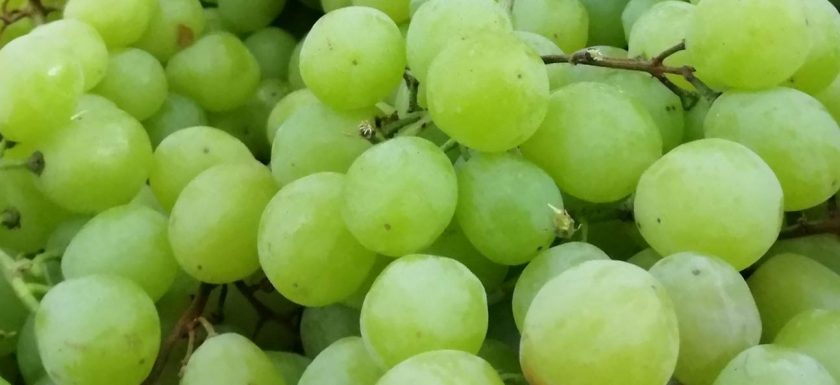In the world of viticulture, the pursuit of hardier grape varieties has become an essential objective for winegrowers facing the challenges of climate change and its impacts on vineyard ecosystems. With extreme weather events becoming more frequent, vineyards are experiencing shifts in traditional growing patterns, making it crucial to explore grape cultivars that can withstand varying environmental conditions. Recognizing this urgency, researchers at Brock University have initiated a groundbreaking study aimed at identifying and developing resilient grape varieties capable of thriving in changing climates.
The Impact of Climate Change on Vineyards
Global climate change is leading to increased temperatures, altered precipitation patterns, and a rise in extreme weather events. For vineyards, these changes present a range of challenges, including heat stress, unpredictable growing seasons, and a higher incidence of pests and diseases. To secure the future of the wine industry, it is crucial to cultivate grape varieties that can adapt to these shifts and continue to produce high-quality grapes for winemaking.
The Brock University Study
Led by a team of renowned viticulturists, agronomists, and climate scientists, the study at Brock University aims to find grape varieties with inherent traits that make them more resilient to changing environmental conditions. The researchers are not only examining the genetic makeup of various grape cultivars but also investigating how they respond to stressors such as heat, drought, and disease.
To conduct their research, the team has set up experimental vineyards in different climate zones, carefully selecting areas that reflect current and projected climatic conditions. This approach enables them to assess grape performance under different scenarios, providing valuable insights into which cultivars show the most promise for adaptation.
The Role of Genetic Diversity
Genetic diversity plays a critical role in the study, as it is the foundation for identifying naturally hardier grape varieties. By examining a wide range of grape genotypes, the researchers aim to pinpoint specific genes and traits associated with stress tolerance and adaptability. This knowledge will facilitate targeted breeding programs to enhance the resilience of existing grape varieties or develop entirely new ones.
Through rigorous testing and data analysis, the team aims to identify resilient grape cultivars capable of maintaining or even improving wine quality under challenging environmental conditions. Furthermore, by mapping the genetic traits responsible for hardiness, they can assist winemakers in making informed decisions about vineyard management practices and varietal selections to mitigate climate-related risks.
Collaboration with Industry Stakeholders
The success of the Brock University study is amplified by its close collaboration with wine industry stakeholders. Local winemakers and vineyard owners contribute their insights, experiences, and practical knowledge, enabling researchers to gain a more comprehensive understanding of the challenges faced at ground level. This partnership ensures that the study’s outcomes are directly applicable to real-world scenarios and align with the needs of the wine industry.
Potential Benefits for the Wine Industry
The findings of the Brock University study hold the promise of transforming the wine industry’s approach to grape cultivation. By identifying hardier grape varieties, winemakers can future-proof their businesses against climate change impacts. Moreover, the study’s insights into stress response mechanisms and genetic traits can lead to innovative viticultural practices that optimize grape quality and production efficiency.
In addition to climate resilience, these hardier grape varieties may open doors to new wine regions previously considered unsuitable for viticulture. This expansion could introduce exciting wine styles and flavors to the market, enriching the diversity of wine offerings worldwide.
The Brock University study’s pursuit of hardier grape varieties is a commendable endeavor that holds immense potential for the wine industry. By leveraging genetic diversity and collaborating with industry stakeholders, researchers aim to equip winemakers with the tools and knowledge necessary to navigate the challenges posed by climate change successfully. With resilience and adaptability at the forefront, the future of viticulture looks promising, ensuring that the joy of wine continues to be shared for generations to come.

